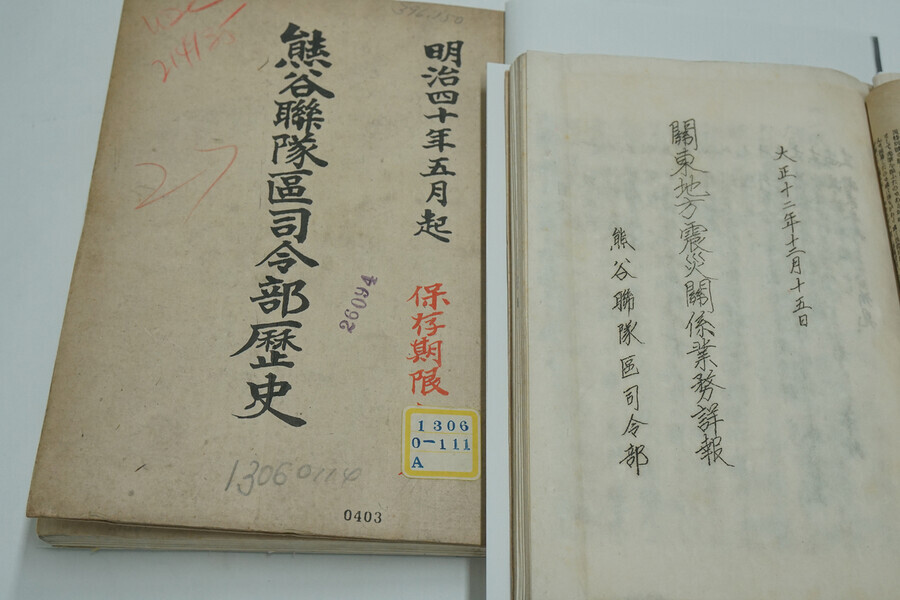
SAKHALIN - New details have emerged regarding the brutal massacres of Korean civilians by Japanese military forces in southern Sakhalin following Japan's surrender in 1945. Documents recently uncovered from Russian government archives, and highlighted in a new research paper, reveal that these atrocities continued well into September, weeks after the official end of World War II.
For years, accounts of post-surrender violence against Koreans in Sakhalin have been largely confined to a few well-documented events. The Kamishisuka and Mizuho incidents, which occurred in the days immediately following the surrender, have been the most widely known cases, with dozens of Koreans killed under various pretexts. However, the newly released documents suggest a more widespread and prolonged campaign of violence.
The discovery began in 2019 when a researcher at the Sakhalin Regional Museum made a formal request to the Russian government for historical records. The response, received in 2021, included detailed investigative files on several unreported cases. A subsequent paper published in 2024 brought these new findings to the public.
The newly revealed incidents paint a grim picture of a military in a state of chaos and paranoia. One report describes the execution of a Korean man on August 15, the very day of the surrender, in the northwestern part of southern Sakhalin. The man was accused of being a Soviet spy after an airstrike. After being shot, his body was desecrated, used for bayonet practice by 27 Japanese soldiers—a detail that underscores the extreme brutality and dehumanization inflicted upon the Korean population.
Another case from the same day recounts the summary execution of a Korean man serving in a Japanese-led volunteer corps in the northeastern region, also based on suspicion. The violence continued into early September, with another Korean man killed for allegedly planning to expose a hidden weapons cache to the advancing Soviet army. These accounts suggest that as Japan's control over the region dissolved, and Soviet forces moved in, Japanese military elements turned their aggression on the most vulnerable population in their midst—the Korean laborers who had been forcibly conscripted to work in Sakhalin.
Koichi Inoue, an honorary professor at Hokkaido University and a respected historian on the matter, suggests that the Japanese military's shift in aggression toward Koreans was a direct result of the impending ground war with the Soviet Union. He stated that in their desperation, "Japan's militarism likely turned its spearhead of attack toward Koreans," perceiving them as a potential fifth column.
While acknowledging the significance of these new documents, Professor Inoue also provides a critical perspective, noting that the records were produced from a Soviet viewpoint. He cautions that they may lack the full context from the Japanese or Korean perspectives, highlighting the ongoing need for a comprehensive, multi-faceted investigation into these tragic events. The discovery of these documents, however, is a crucial step toward a more complete understanding of the atrocities committed in Sakhalin during this tumultuous period.
The following video is relevant as it provides historical context on the post-liberation tragedies faced by Koreans in Sakhalin, including details about the Mizuho incident.
[Copyright (c) Global Economic Times. All Rights Reserved.]






























